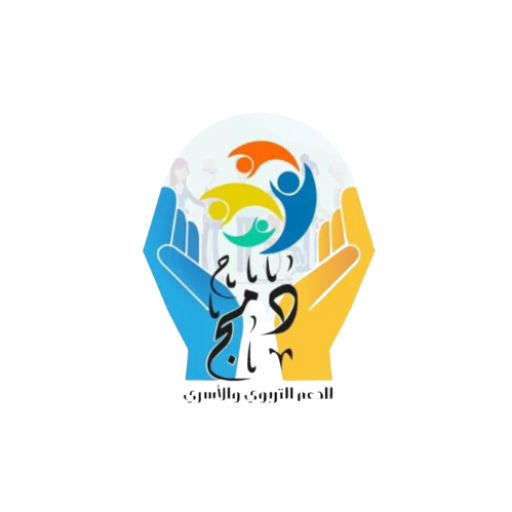Frequently Asked Questions
The first completely free Arab platform, founded in 2016, is an extension of the idea of integrating children with disabilities into society, and was founded by Dr. Alaa Abdel Fattah, special education specialist and international behavior analyst.
Yes, all the services provided by the platform are free.
The inclusion platform offers a number of services, such as Shadow Teacher training and workshops for parents and specialists, providing consultations to parents, providing reliable scientific sources, and providing Shadow Teacher and teachers for guardians as a free service
From the Services page then Consultation Form
– All our services are free.
– Workshops and training for parents and specialists.
-Checking the provision of reliable sources.
– The comprehensive vision in supporting the guardian and specialists.
– Continuous support for guardians and specialists.
– Diversity in means of access.
– Cooperating with agencies and institutions concerned with people of determination.
– Opportunities to provide Shadow Teacher to parents.
– Shadow Teacher Employment Opportunities.
Inclusion for kids refers to creating an environment where all children, regardless of their abilities, backgrounds, or differences, are actively involved and valued. It promotes equal opportunities, acceptance, and respect for every child, fostering a sense of belonging and ensuring that no child is left behind.
Inclusion is important for kids as it promotes diversity, empathy, and understanding. It helps children develop positive attitudes towards differences, enhances their social skills, and cultivates a sense of compassion and acceptance. Inclusive environments also provide opportunities for children to learn from one another, fostering a more inclusive society as they grow up.
Parents can promote inclusion for their kids by teaching them about diversity, treating all individuals with respect, and encouraging friendships with children from different backgrounds. They can also expose their children to inclusive books, media, and activities, and advocate for inclusive practices in schools and communities. Modeling inclusive behavior and open-mindedness is crucial in shaping children’s attitudes towards inclusion.
Email Address:inclusionforkids@gmail.com
Phone number: +971524066190
website: Inclusion For Kids
Or you can go through Contact
The decision about your child’s eligibility for services is based on whether your son or daughter has a disability that fits into one of the IDEA’s 13 disability categories and whether that disability affects how your child does in school. This decision will be made when the evaluation has been completed, and the results are in.
In the past, parents were not involved under IDEA in making the decision about their child’s eligibility for special education and related services. Now, under the newest changes to IDEA (passed in 1997), parents are included in the group that decides a child’s eligibility for special education services.
This group will look at all of the information gathered during the evaluation and decide if your child meets the definition of a “child with a disability.” (This definition will come from the IDEA and from the policies your state or district uses.) If so, your child will be eligible for special education and related services.
Under the IDEA, a child may not be found eligible for services if the determining reason for thinking the child is eligible is that:
- the child has limited English proficiency, or
- the child has a lack of instruction in math or reading.
If your child is found eligible, you and the school will work together to design an educational program for your child.
As parents, you have the right to receive a copy of the evaluation report on your child and the paperwork about your child’s eligibility for special education and related services.
- Autism Spectrum Disorder
- Deaf-Blindness
- Deafness
- Emotional Disturbance
- Hearing Impairment
- Intellectual Disability
- Multiple Disabilities
- Orthopedic Impairment
- Other Health Impairment
- Specific Learning Disability
- Speech or Language Impairment
- Traumatic Brain Injury
- Visual Impairment, including Blindness
If the group decides that your child is not eligible for special education services, the school system must tell you this in writing and explain why your child has been found “not eligible.” Under the IDEA, you must also be given information about what you can do if you disagree with this decision.
Read the information the school system gives you. Make sure it includes information about how to challenge the school system’s decision. If that information is not in the materials the school gives you, ask the school for it.
Also get in touch with your state’s Parent Training and Information (PTI) center. The PTI can tell you what steps to take next.
The next step is to write what is known as an Individualized Education Program – usually called an IEP. After a child is found eligible, a meeting must be held within 30 days to develop to the IEP.

